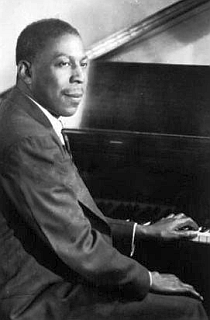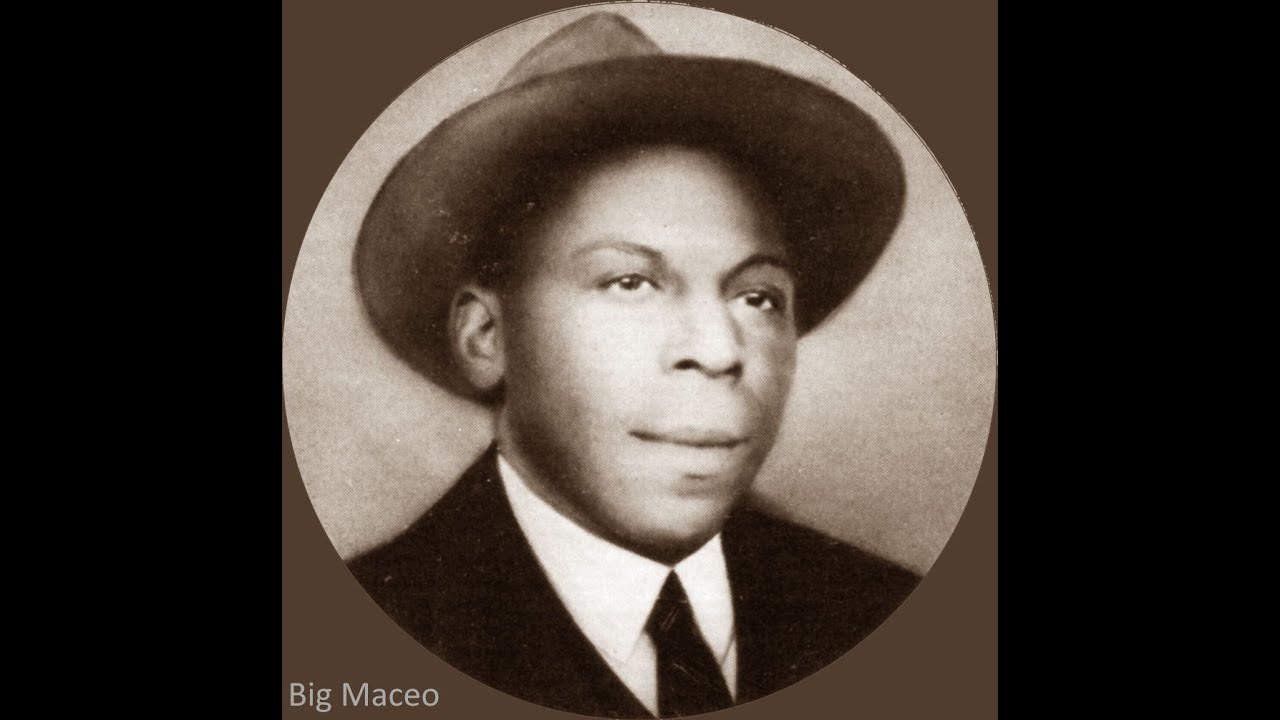Big Maceo Merriweather, a self-taught pianist from Atlanta, Georgia, left an indelible mark on the blues genre. Known for his powerful, emotive playing style, Maceo’s music blended boogie-woogie rhythms with the raw heart of Chicago blues. His impact continues to resonate with musicians and fans worldwide. Here’s a look at five of Big Maceo’s best compositions, each one an essential part of blues history.
1. “Worried Life Blues”
Arguably Big Maceo’s most famous piece, “Worried Life Blues” became a blues standard and has been covered by artists like Muddy Waters, Eric Clapton, and Chuck Berry. The song’s haunting melody and raw lyrics capture the despair of love lost and life’s unrelenting hardships. The tune is a powerful example of Maceo’s ability to translate personal pain into music, connecting with listeners on an emotional level. Its lyrical depth and simplicity make it a classic that transcends generations.
Key Features:
- Deeply emotional lyrics that reflect themes of hardship and lost love.
- Simple but effective boogie-woogie rhythm combined with slow, mournful phrasing.
- One of the most-covered blues songs, solidifying its place in blues history.
2. “Chicago Breakdown”
“Chicago Breakdown” is a dynamic instrumental that showcases Big Maceo’s impressive piano skills. With its upbeat tempo and driving rhythm, this piece exemplifies Maceo’s unique fusion of boogie-woogie with Chicago blues. It’s an energetic and danceable composition that highlights his technical prowess and command over the piano.
Key Features:
- Fast-paced, upbeat tempo suited to dancing and energetic listening.
- Virtuosic piano performance that embodies the feel of Chicago blues.
- This piece inspired many blues musicians and became a blueprint for boogie-woogie piano.
3. “Texas Stomp”
With “Texas Stomp,” Big Maceo delves into the territory of fast-paced, rhythm-driven blues. While less famous than some of his other compositions, this song has gained appreciation among blues aficionados for its infectious rhythm and playful energy. “Texas Stomp” stands as a testament to Maceo’s versatility, demonstrating his ability to infuse different regional blues styles with his own signature sound.
Key Features:
- A lively rhythm that gets listeners moving.
- Represents Maceo’s versatility and ability to adapt different blues styles.
- Inspires a feeling of joy and energy, contrasting with some of his more somber compositions.
4. “County Jail Blues”
In “County Jail Blues,” Big Maceo explores the theme of incarceration and the struggle for freedom, themes that resonated deeply within the African American community of his time. The lyrics, combined with Maceo’s soulful, contemplative piano, make for a powerfully evocative song. “County Jail Blues” embodies the sorrow, frustration, and resilience that is a hallmark of blues music.
Key Features:
- Emotionally charged lyrics and melody that capture a sense of confinement and longing for freedom.
- Slower tempo that gives space for listeners to feel the weight of the lyrics.
- A great example of Maceo’s ability to tell a story through his music.
5. “Tuff Luck Blues”
“Tuff Luck Blues” combines Maceo’s soulful piano and vocal storytelling, capturing a feeling of despair that is familiar in blues. The song focuses on themes of misfortune and resilience, reflecting Maceo’s life experiences. “Tuff Luck Blues” holds a special place in his discography as a personal reflection on hard times, and its relatability has made it one of his standout works.
Key Features:
- A melancholy yet resilient tone, typical of classic blues storytelling.
- Maceo’s voice and piano work in harmony to bring out a deeply personal message.
- A showcase of Maceo’s ability to express universal struggles in a powerful, memorable way.
Big Maceo’s Legacy
Each of these compositions captures a unique aspect of Big Maceo’s artistry. From the iconic “Worried Life Blues” to the soulful “Tuff Luck Blues,” Maceo’s work continues to inspire new generations of musicians and blues enthusiasts. His songs, marked by powerful piano riffs and deeply personal lyrics, remain some of the finest examples of Chicago blues and boogie-woogie. Big Maceo Merriweather may have left us in 1953, but his music lives on, a testament to the enduring power of the blues.


Comments are closed